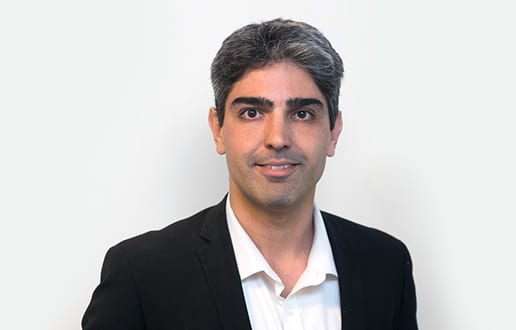
Electra City Tower
58 Harakevet St.
Tel Aviv
6777016
Eran Elharar
Eran is a partner in the Regulation Department.
Adv. Eran Elharar is a trusted advisor to organizations navigating complex regulatory frameworks in Israel, including financial services, commerce, gaming, consumer protection, environmental compliance, and enforcement matters.
A partner in the Regulation Department, Eran specializes in advising fintech and regtech companies on banking regulations, payment systems, and regulatory interactions. He also counsels businesses on e-commerce, advertising compliance, and digital ventures, including IP regulations.
Eran has extensive experience in administrative proceedings, including hearings, sanctions, and license revocation proceedings with regulatory authorities. He is committed to providing clear, strategic guidance that aligns with each client’s business goals while ensuring regulatory compliance.
Education:
Haifa University, LL.M. (Law and Technology), 2014
Haifa University, LL.B., 2013
Admission:
Israel Bar Association, 2014
Insights & News - Eran Elharar:
Draft Bill on Application of Israeli Law to Foreign Dealers and International Companies
First Series of Prediction Markets in the United States
Internal Enforcement and Compliance Surveys: Essential for Organizations in Israel
In an era of stringent regulations and increasing legal risks, it has become essential for organizations to implement internal enforcement programs. However, in order for such programs to provide legal protection, they must be effective, customized and well-documented.

